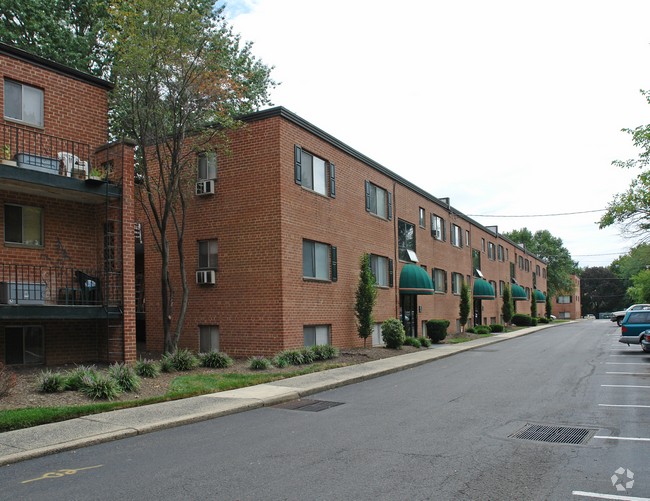Reasons a Tenant Can Legally Break a Lease
Reasons a Tenant Can Legally Break a Lease
In most cases, a lease is a legally binding agreement that cannot be broken until the lease term has ended. There are however, certain times when a tenant is able to break the lease without fear of penalty. The reasons a tenant can break the lease will vary based on your state’s landlord tenant laws. Here are five reasons a tenant can legally terminate their lease agreement.
Failure to Maintain Fit and Habitable Premises
One of the main responsibilities every landlord has is the obligation to maintain the property.
Some common obligations include:
- Making Sure the Property Has Running Water at All Times.
- Providing Proper Trash Receptacles.
- Keeping the Common Area Clean and in Good Repair.
- Performing Repairs.
- Following Health and Safety Codes.
If a tenant believes that there is a significant health or safety violation at the property, the tenant can file a complaint with the local health or safety department or other property inspection organization or can file a complaint directly with the landlord.
Complaining to Health or Safety Organization:
If the tenant decides to go directly to the building department or other health or safety organization, this organization will usually come out to the property to inspect the property to see if this complaint has any merit. If the organization decides the claim is valid, then it will provide the landlord with a violation notice that the landlord needs to fix the problem within a certain number of days.
Complaining to Landlord:
If the tenant feels that there is a health or safety violation, he or she can provide written notice to the landlord that the violation needs to be repaired. State laws will vary on how long the landlord has to respond and fix the violation.
In most states, if the landlord fails to fix a significant health or safety violation, not just a simple repair, the tenant may be legally allowed to break the lease agreement.
The tenant would typically have to provide the landlord with written notice that the tenant intends to terminate the lease agreement. Depending on state law, this notice would have to be given a certain number of days before the tenant could move out, unless the health or safety violation was so severe that it required that the tenant move out immediately.
Illegal Landlord Entry
Landlords must usually provide tenants with at least 24 hours’ notice before the landlord has the right to enter the tenant’s rental unit. The landlord also can only enter for legal reasons such as to inspect the unit, make repairs or show the unit to prospective tenants.
If the landlord makes attempts to enter the tenant’s rental unit for reasons which are not legally allowed, makes continued attempts to enter the tenant’s unit without proper notice or harasses the tenant, the tenant may have the right to break the lease. The tenant must usually obtain a court order to get the landlord to stop the behavior. If the landlord violates the court order and refuses to quit the behavior, then the tenant can provide notice that he or she will terminate the lease.
Active Duty Military
The Servicemembers Civil Relief Act, otherwise known as SCRA, offers certain protections for active duty military members. It protects these members when they receive change of station orders.
If a service member signs a lease and then receives orders that require the member to relocate for a period of at least 90 days, the tenant can provide the landlord with a written notice of their need to terminate the lease agreement. This notice must usually be at least 30 days in advance of the desired date of termination. The tenant should also provide proof, such as a copy of the change of station orders or military deployment.
Victims of Domestic Violence
Tenants who have been victims of domestic violence have the right to terminate their lease agreement without penalty in many states. The act of violence must usually have occurred in the recent past, typically within the last three to six months.
The tenant must provide the landlord with written notice of their desire to break the lease due to domestic violence. This notice must be at least 30 days in advance of the desired date of termination. Some states require more than 30 days’ notice. The tenant is only responsible for paying rent up until the date of lease termination.
The landlord has the right to request proof of this act of domestic violence. The tenant can usually comply with this by providing a copy of an order of protection or a police report which documented the incident.
Illegal Apartment
If it turns out that the apartment a tenant was renting was not a legal rental unit, the tenant can terminate the lease agreement without penalty. State laws will vary, but the tenant is often entitled to the return of at least a portion of the rent they have paid over the life of their lease. They may even be entitled to additional money from the landlord to assist them in finding another apartment to rent
Tags: Landlord Information, Leases & Contracts, Tenant Information












